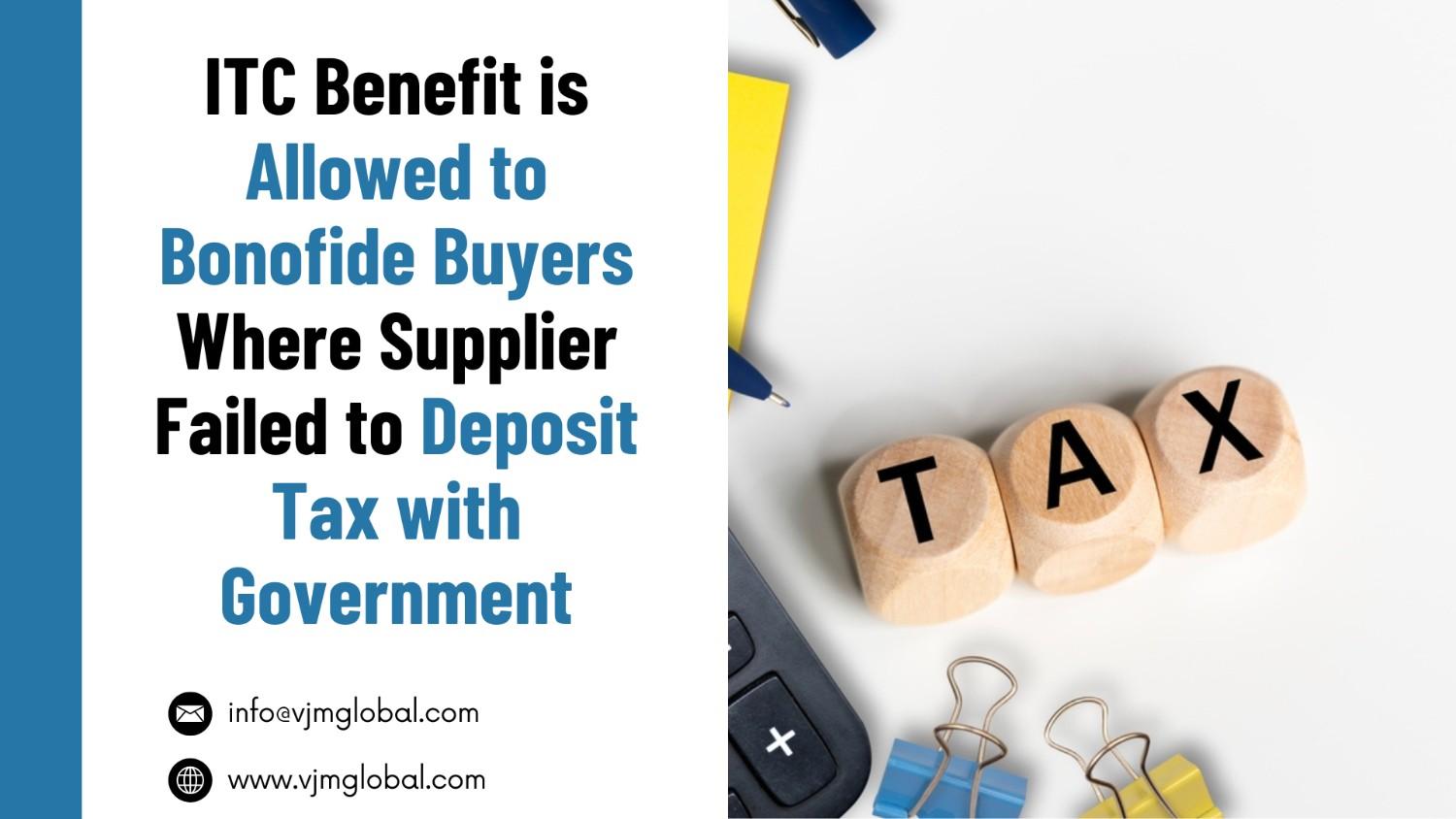Held by Appellant Tribunal under SAFEMA
In the matter of
Shri KeshavBangur Vs The Special Director, Directorate of Enforcement, Delhi (FPA-FE-460/DLI/2005) order dated 06.03.2024
The Appellant filed an appeal before the SEFEMA against the impugned order wherein a penalty of INR 50 Lakhs was imposed on the Appellant for violation of provisions of FEMA. After filing appeal, the Appellant kept on seeking adjournment from the Tribunal and filed the writ Petitioner before the High Court of Calcutta. While filing writ petition, the appellant suppressed the fact of pendency of appeal. Hon’ble High Court rejected the contention of the Appellant and upheld the impugned order. The High Court mentioned The impugned order is appealable. The petitioner has chosen not to prefer an appeal. The Petitioner chose to file the writ petition.
Hon’ble Tribunal held that A party cannot take two remedies simultaneously against one and same order and that too in a litigation between the same parties. The Appellant has raised all the issues before Hon’ble High Court and finding no merit, the writ petition was dismissed. The appellant was having an opportunity to raise all the issues before the High Court. Now the appellant is precluded from raising the same before the Tribunal by constructive res judicata now. The Appellant should be governed by the judgment of the High Court and this appeal deserves to be dismissed. If simultaneous remedy is allowed, there can be a serious consequence of the conflicting order which needs to be avoided and to give sanctity to the order passed at the first instance.
Read Also: All about Form FC-TRS
1. Brief facts of the case
- The appeal is filed before Appellate Tribunal under SAFEMA (“The SAFEMA”) against the impugned order issued by Special Director of the Enforcement Directorate imposing a penalty of INR 50 Lakhs for violation of provisions of Foreign Exchange Management Act, 1999 (FEMA, 1999).
- Earlier, The Tribunal also passed an order for waiver of pre-deposit.
- Post filing appeal, The Appellant prayed for the passover in the first round and the same was granted by the Tribunal. In the second round as well, the appellant asked for adjournment and the same was again granted and the same process continued for the year.
- Meanwhile, the Appellant filed a writ petition before Hon’ble High Court of Calcutta suppressing the fact that the appeal is pending on the same matter.
2. Judgement of the Hon’ble Calcutta High Court
The Judgment of the Hon’ble High Court of Calcutta is as follows:
- The Petitioner contended that the impugned order vitiated by the breach of principle of natural justice.
- The petitioner was not afforded a reasonable opportunity to present his case. Notice of the hearing of the proceedings was not served on him. He was not heard prior to the impugned order being passed.
- The petitioner was unwell and was hospitalized continuously.
- The Hon’ble High Court held that The petitioner was fully aware of the pendency of the proceedings and he still sought to take shelter under a medical ground.
- The documents do not support the claim of the petitioner. The petitioner had knowledge of the proceedings. The petitioner chose not to participate in the proceedings.
- The impugned order is appealable. It gives reasons. The petitioner has chosen not to prefer an appeal.
- The Petitioner chose to file the writ petition.
- The contention of breach of principles of natural justice cannot be accepted in the facts and circumstances of this case.
Accordingly, Hon’ble High Court of Calcutta was unaware of the fact that the Petitioner has already filed an appeal in the same matter.
Read Also: Appeal with appellate Authority under GST
The High Court heard the matter independently and held that the contention of the petitioner was not acceptable and therefore, it was held that there is no infirmity in the order impugned.
3. Contention of the Respondent
The respondent contended that:
- The appellant has pressed the writ petition on the issues argued before the High Court and thereby those issues cannot be pressed before the SEFEMA.
- Rather, by way of constructive res judicata he cannot now urge any other issue, if was available at the time of filing of the writ petition and had not been taken.
4. Findings and analysis of the SEFEMA
The Hon’ble Tribunal made following analysis:
- The writ petition has been dismissed by the High Court after considering all the issues raised before it.
- Calcutta High Court took note that the impugned order is appealable and the petitioner has not filed an appeal rather filed a writ petition.
- Therefore, it becomes clear that the appellant had suppressed the fact about the pendency of the appeal before this Tribunal.
- Accordingly, nothing would survive in this appeal. The Appellant should be governed by the judgment of the High Court and deserves to be dismissed.
- The Appellant has raised all the issues before Hon’ble high Court and finding no merit, the writ petition was dismissed.
- The appellant was having an opportunity to raise all the issues before the High Court.
- Now the appellant is precluded from raising the same before the Tribunal by constructive res judicata now.
- A party cannot take two remedies simultaneously against one and the same order and that too in a litigation between the same parties.
- It is no doubt that a statutory remedy of appeal was available to the appellant and had been exhausted thus he could not have filed writ petition simultaneously.
- The writ petition having been dismissed by the Calcutta High Court, now the appellant cannot press this appeal when the order of the High Court has attained finality.
- The Tribunal relied on the judgment of Apex court in the matter of SatyadhyanGhosal&Ors. Vs. Deorajin Debi (Smt) and Anr. reported in 1960(3)SCR 590. Where in it was held that:
- The principle of res judicata is based on the need of giving a finality to judicial decisions.
- What it says is that once a res is judicata, it shall not be adjudged again.
- When a matter – whether on a question of fact or a question of law – has been decided between two parties in one suit or proceeding and the decision is final, either because no appeal was taken to a higher court or because the appeal was dismissed, or no appeal lies, neither party will be allowed in a future suit or proceeding between the same parties to canvass the matter again.
- Therefore, in the given case, the appellant can’t press this appeal after exhausting the remedy before the High Court and having lost therein.
- If simultaneous remedy is allowed, there can be a serious consequence of the conflicting order which needs to be avoided and to give sanctity to the order passed at the first instance.
5. Order
The Hon’ble Tribunal held that we don’t find that the appeal would survive after the judgment of the High Court.













